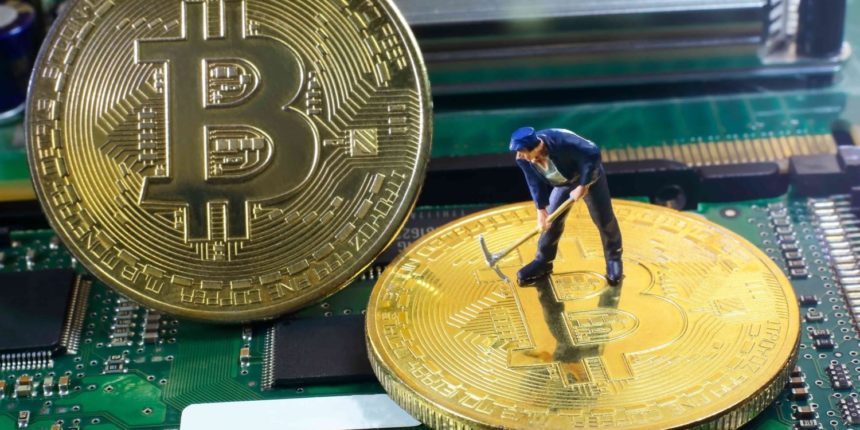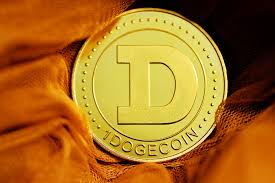Definition of Howey Test
“The Howey Test” was created by Supreme Court. The Securities Act of 1933 and the Securities Exchange Act of 1934 dictate a lot of the U.S. government’s approach to financial regulation.
Under these acts, transactions that qualify as “investment contracts” are considered “securities”. It means, that they are also subject to specific requirements related to disclosure and registration.
It is necessary to have a consistent and thorough way of determining whether a transaction is an example of an “investment contract.” “The Howey Test” is a standard methodology, put in place by the U.S. government and Supreme Court, to make that determination.
Meaning of the Howey Test
The Howey Test asks if the value of a transaction for one of its participants is dependent upon the other’s work.
The transaction represents an “investment contract” if a person invests money in a common enterprise and is expecting profits solely from the efforts of the promoter or a third party.
Origin of the Howey Test
In 1946, there was a case about a leaseback agreement, and if it can be legally considered an “investment contract.”
Two Florida corporate defendants offered real estate contracts for tracts of land with citrus groves. The defendants offered buyers the option of leasing any purchased land back to the defendants. At that time they were doing everything in order to grow, harvest, and sell citrus. Most of the buyers didn’t have agricultural knowledge, that’s they were happy to lease the land back to the defendants.
The Supreme Court sued the defendants, claiming that they broke the law by not filing a securities registration statement. The SEC found out that the defendants’ leaseback agreement was a form of security, and they developed a landmark test for determining whether certain transactions are “investment contracts.”

Other secure investments
Stocks are a more familiar type of security that also pass the Howey Test. Securities regulation comes down when the investors can’t do much to impact whether an investment turns a profit. The registration and financial reporting requirements that go along with regulation are to protect investors from scams.
Cryptocurrency developers of coins are not huge companies, but small startups or just one person. We don’t know if their initial coin offering complies with applicable security regulations.
Until 2017, it wasn’t clear if cryptocurrencies can be considered securities.
What is the DAO?
The DAO is a German group that held a token sale in 2016. Token was attacked by hackers, forcing a fork in the Ethereum blockchain.
The Supreme Court determined that it had broken regulations when it held its token sale because it had not registered as a security.
The SEC issued a statement in July 2017 that clarified that henceforth, all cryptocurrencies were to be treated as securities.
“These requirements apply to those who offer and sell securities in the United States, regardless of whether the issuing entity is a traditional company or a decentralized autonomous organization, regardless of whether those securities are purchased using U.S. dollars or virtual currencies, and regardless of whether they are distributed in the certificated form or through distributed ledger technology,” the SEC wrote.
Unregistered crypto initial coin offerings were illegal, and U.S. citizens are barred from participating in them.
The cryptocurrency community was shocked, they said that bringing initial coin offerings under the aegis of the Supreme Court risked stifling growth in the potentially explosive industry.
Some started to argue whether SEC’s report meant all cryptocurrencies or they just meant DAO as security.
If they are securities, then barriers to entry are raised for coin developers. Coins often depend on an initial coin offering to give the project a head start. If those offerings cannot be held without first diving through expensive regulatory barriers, then the project risks dying yet not even started.
There are some similar things between cryptocurrency and Howey’s Test, but there are a lot of differences too. Cryptocurrencies are autonomous and distributed networks that are designed to be decentralized. Making cryptocurrency security goes against the goals of the creator of that digital currency.
The Supreme Court is very interested to monitor and oversee cryptocurrency transactions. Regardless of the ultimate regulatory decision, it is sure to have a significant impact on the virtual currency world.











